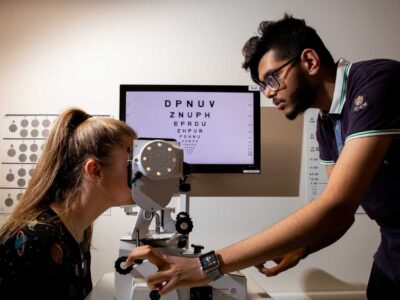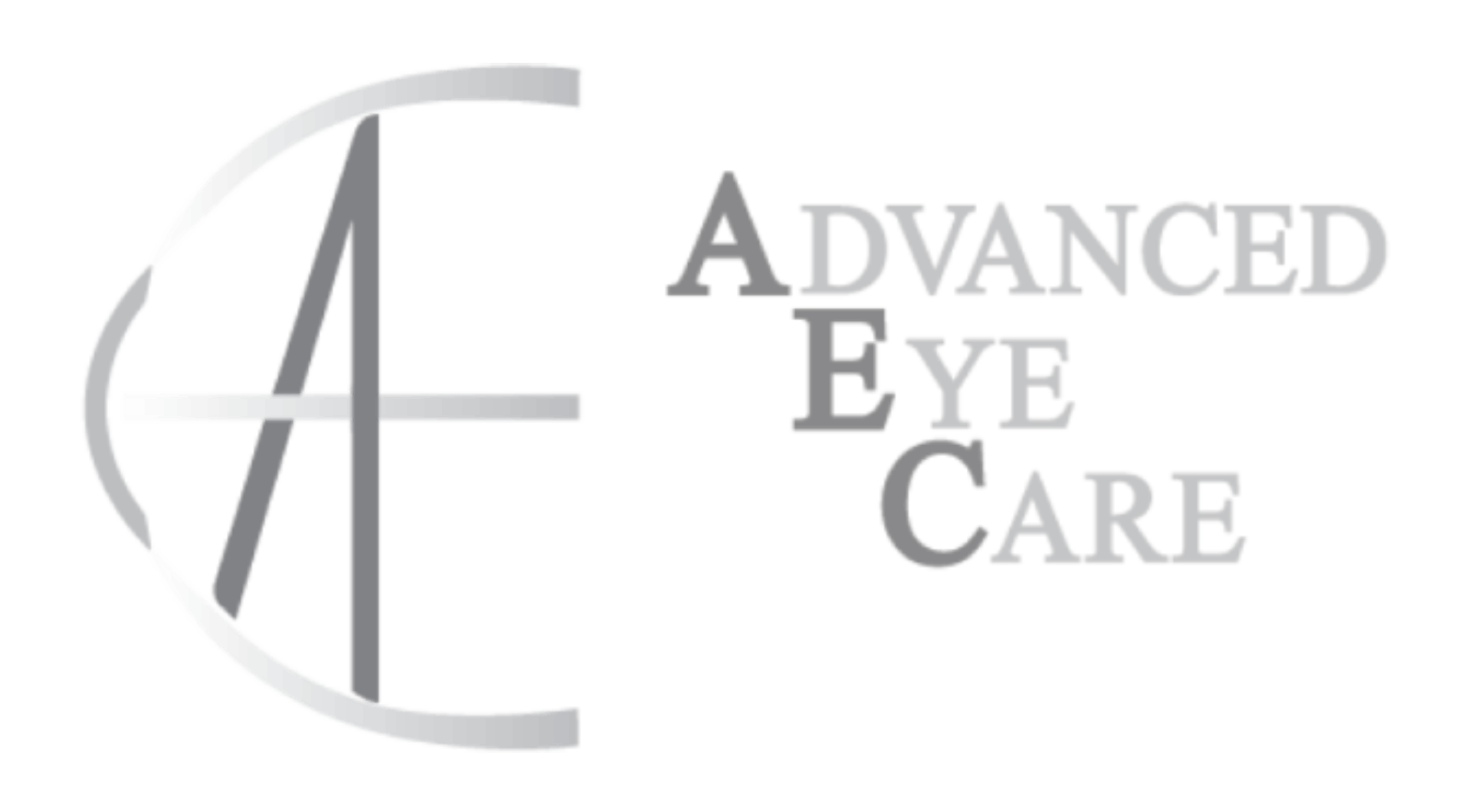
PROJECT DETAILS
- Date April 29, 2024

Understanding Orthoptics: A Patient Education Guide
Introduction: Welcome to Advanced Eye Care, where we offer specialized orthoptic services to address various eye alignment and movement disorders. This guide aims to provide you with valuable information about orthoptics, the role of orthoptists, common conditions treated, and the specialized care provided to improve visual function.
What is Orthoptics? Orthoptics is a specialized field within eye care that focuses on diagnosing and treating disorders related to eye alignment, eye movements, and binocular vision. Orthoptists are trained professionals who work closely with ophthalmologists to evaluate, manage, and rehabilitate patients with conditions such as strabismus (eye misalignment) and amblyopia (lazy eye).
Roles of Orthoptists: Orthoptists play vital roles in:
Common Conditions Treated by Orthoptists:
Importance of Orthoptic Evaluation: Orthoptic evaluation is essential for accurately diagnosing and managing binocular vision disorders, as well as monitoring progress throughout treatment. Early intervention by orthoptists can help prevent vision loss, improve visual function, and enhance quality of life for patients with these conditions.
Conclusion: At Advanced Eye Care, our experienced orthoptists are dedicated to providing specialized care to patients with eye alignment and movement disorders. If you or your child are experiencing symptoms such as eye misalignment, double vision, or difficulty focusing, schedule a consultation with one of our orthoptic specialists for a comprehensive evaluation and personalized treatment plan. Your vision and eye health are our top priorities, and we’re here to help you achieve optimal visual function and comfort.
